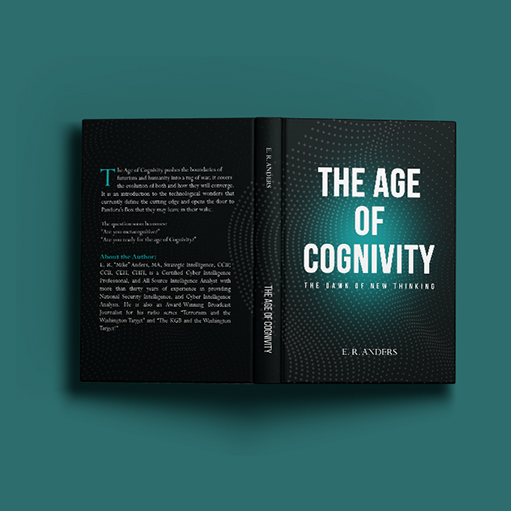Exploring the Cognitive Revolution: How Technology is Rewiring Our Thinking
In the vast landscape of technological advancements, one phenomenon stands out as a game-changer—the Cognitive Revolution. This revolution is reshaping the way we think, learn, and interact with the world around us, fueled by the rapid convergence of technology and cognition. In this blog, we will delve into the profound impact of the Cognitive Revolution and how it is rewiring our thinking, leading us into a new era of limitless possibilities.
The Power of Cognitive Technology
Cognitive technology encompasses a range of advancements, including Artificial Intelligence, Machine Learning, and Natural Language Processing. These technologies enable machines to understand, learn, and interact with humans in more intuitive and human-like ways. As a result, we are witnessing a transformation in the way we process information, make decisions, and solve complex problems.
One notable area where cognitive technology has made significant strides is data analysis. With the ability to analyze vast amounts of data in real time, machines can identify patterns, trends, and correlations that elude human observation. This empowers businesses, scientists, and researchers to make data-driven decisions with unprecedented accuracy and efficiency.
Rewiring Our Thinking Patterns
The Cognitive Revolution is not only revolutionizing technology but also rewiring our thinking patterns. As we embrace cognitive technologies, we are challenged to think more critically, creatively, and adaptively. The linear, cause-and-effect thinking of the past is giving way to a more holistic, systems-oriented mindset.
Moreover, the Cognitive Revolution is breaking down traditional silos between disciplines. By integrating knowledge from diverse fields, such as psychology, neuroscience, and computer science, we gain new insights and create innovative solutions. The boundaries that once confined our thinking are now dissolving, opening doors to multidisciplinary collaborations and breakthrough discoveries.
The Role of Human-Cognitive Collaboration
Contrary to popular belief, the Cognitive Revolution does not render human intelligence obsolete. Instead, it emphasizes the power of collaboration between humans and cognitive technologies. By leveraging the unique strengths of both, we can achieve remarkable outcomes that were previously unimaginable.
Human intelligence provides the context, creativity, and emotional understanding that machines lack. We possess the ability to think critically, exercise judgment, and empathize with others. Through collaboration, cognitive technologies augment our abilities, enhancing our decision-making, problem-solving, and overall cognitive performance.
The Age of Cognivity by E.R. Anders
In his groundbreaking book, “The Age of Cognivity,” E.R. Anders explores the intricacies and implications of the Cognitive Revolution. Anders delves into the transformative potential of cognitive technologies and their impact on society, the economy, and human potential. He discusses how this revolution is reshaping our thinking patterns and lays out a roadmap for harnessing the power of cognivity to thrive in the digital age.
The Cognitive Revolution is ushering in a new era of unparalleled opportunities and challenges. As technology continues to evolve, it becomes crucial to embrace this revolution and understand its impact on our thinking and decision-making processes. By recognizing the power of cognitive technologies and embracing human-cognitive collaboration, we can navigate this transformative era with confidence and foresight.
E.R. Anders’ book, “The Age of Cognivity,” serves as a valuable resource in unraveling the complexities of the Cognitive Revolution. It provides deep insights into the fusion of technology and cognition, highlighting the need for a symbiotic relationship between humans and machines. Let us embark on this journey of exploration, adaptation, and growth as we unlock the true potential of cognivity and shape a future where human intelligence and technological advancements coexist harmoniously.

